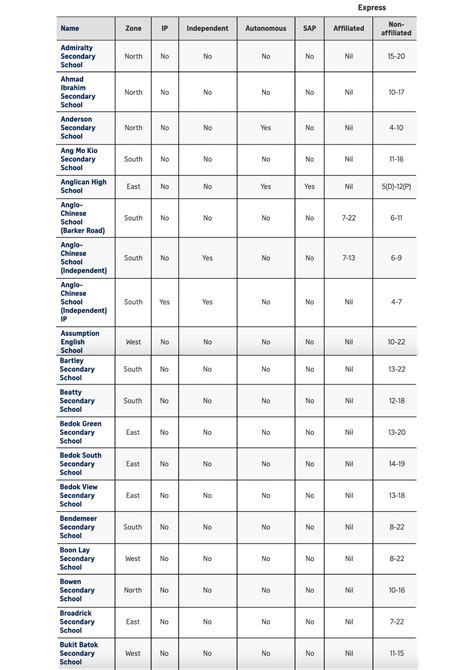Staying hydrated is crucial for maintaining overall health, vitality, and cognitive function. The amount of water you need each day depends on several factors, including your age, activity level, climate, and overall health. This guide provides comprehensive information on the recommended daily water intake for different individuals, the benefits of adequate hydration, and ways to ensure you’re getting enough fluids.

Recommended Daily Water Intake
The Institute of Medicine (IOM) recommends the following daily water intake for adults:
| Age Group | Men | Women |
|---|---|---|
| 19-30 years | 3.7 liters (125 ounces) | 2.7 liters (91 ounces) |
| 31-50 years | 3.7 liters (125 ounces) | 2.7 liters (91 ounces) |
| 51-70 years | 3.3 liters (112 ounces) | 2.2 liters (75 ounces) |
| Over 70 years | 3.0 liters (101 ounces) | 2.1 liters (71 ounces) |
Benefits of Adequate Hydration
Drinking enough water offers numerous health benefits, including:
- Improved cognitive function: Water helps to enhance brain function and reduce fatigue.
- Reduced risk of chronic diseases: Adequate hydration may lower the risk of chronic conditions such as heart disease, stroke, and type 2 diabetes.
- Weight management: Drinking water can help curb hunger and reduce calorie intake.
- Enhanced physical performance: Staying hydrated is essential for maintaining optimal physical activity.
- Improved skin health: Water helps to keep the skin hydrated and glowing.
Ways to Ensure Adequate Hydration
Here are some practical ways to ensure you’re getting enough water each day:
- Start your day with a glass of water: This rehydrates your body after a night’s sleep.
- Carry a reusable water bottle: Having water readily available makes it easier to sip on it throughout the day.
- Hydrate during and after exercise: Replenish fluids lost through sweat during physical activity.
- Eat water-rich foods: Fruits and vegetables like watermelon, cucumber, and spinach contain high water content.
- Use flavored water: Add slices of fruit or herbs to your water bottle to make it more flavorful.
Tips and Tricks
- Monitor your urine color: Clear or light yellow urine indicates adequate hydration.
- Set reminders: Use an app or create a reminder system to encourage regular water intake.
- Consider your sodium intake: A high-sodium diet can increase water retention.
- Avoid sugary drinks: These drinks can contribute to dehydration.
Common Mistakes to Avoid
- Overhydration: Drinking excessive amounts of water can be harmful.
- Ignoring thirst signals: Pay attention to your body’s natural cues and drink when you feel thirsty.
- Confusing thirst with hunger: Sometimes, thirst is mistaken for hunger, leading to overeating.
Conclusion
Knowing how much water you should drink a day is crucial for maintaining good health. By following the recommendations outlined in this guide and incorporating practical hydration strategies into your daily routine, you can ensure you’re getting the fluids your body needs to thrive. Stay hydrated, stay healthy!
















